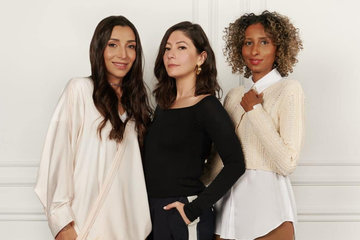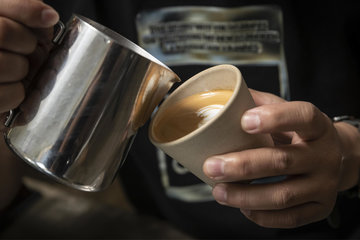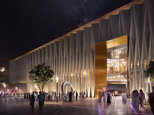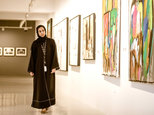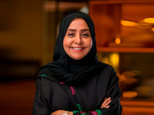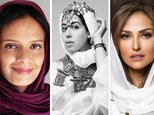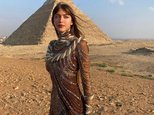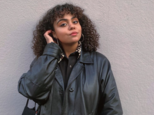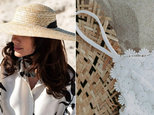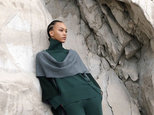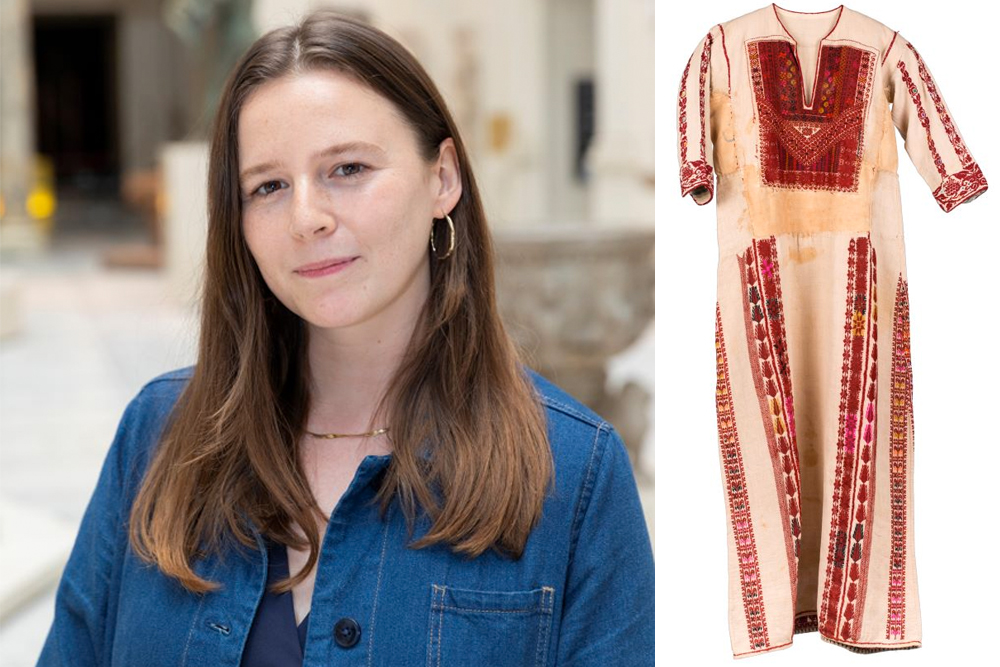
Walking through the "Material Power: Palestinian Embroidery" exhibition at the University of Cambridge Museum in the UK is a deeply evocative experience. Curated by Rachel Dedman, the Curator of Contemporary Art from the Middle East at the V&A in London, this exhibition delves into the rich tapestry of Palestinian culture through the lens of embroidered garments.
Dedman's expertise and insight shine as she highlights three poignant dresses within the collection. The first, a patchwork dress from the 1930s, hails from Gaza and represents the toil and resilience of women who worked in the fields. It tells a story of everyday wear and tear, with threads worn thin, carefully repaired with indigo or fabric snatches from spouses' shirts. This simple dress speaks to the arduous lives these women led.
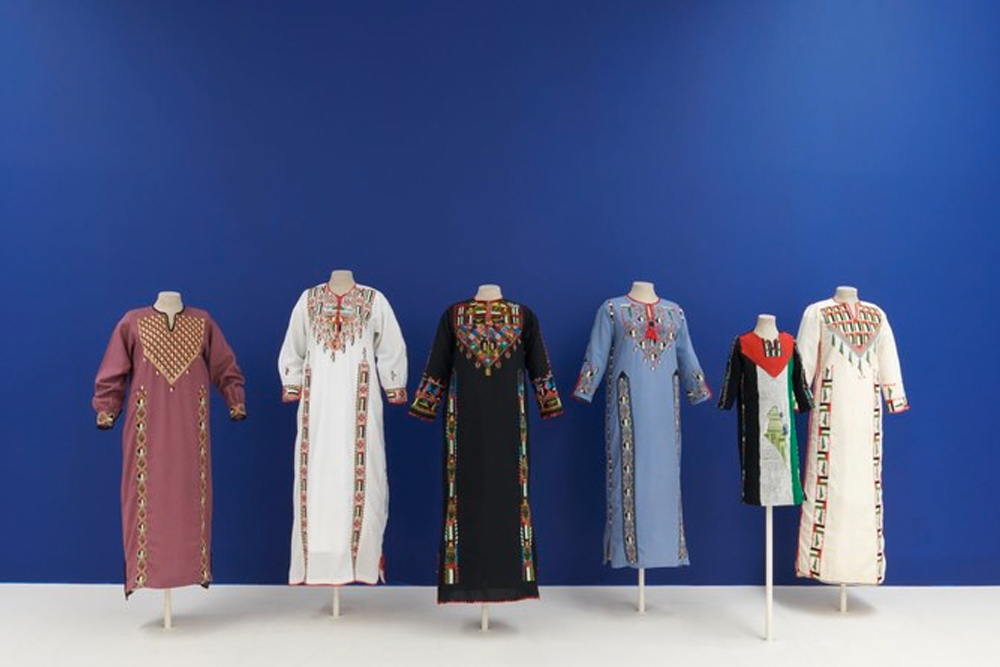
The second dress from the early 20th century tells a poignant story of a woman displaced during the 1948 Nakba. As a refugee in Ramallah with just the clothes on her back, she adapted the dress by sewing in fabric from a United Nations Relief and Works Agency flour bag, symbolizing the enduring compassion and fortitude of women in difficult times, a testament to the human spirit.
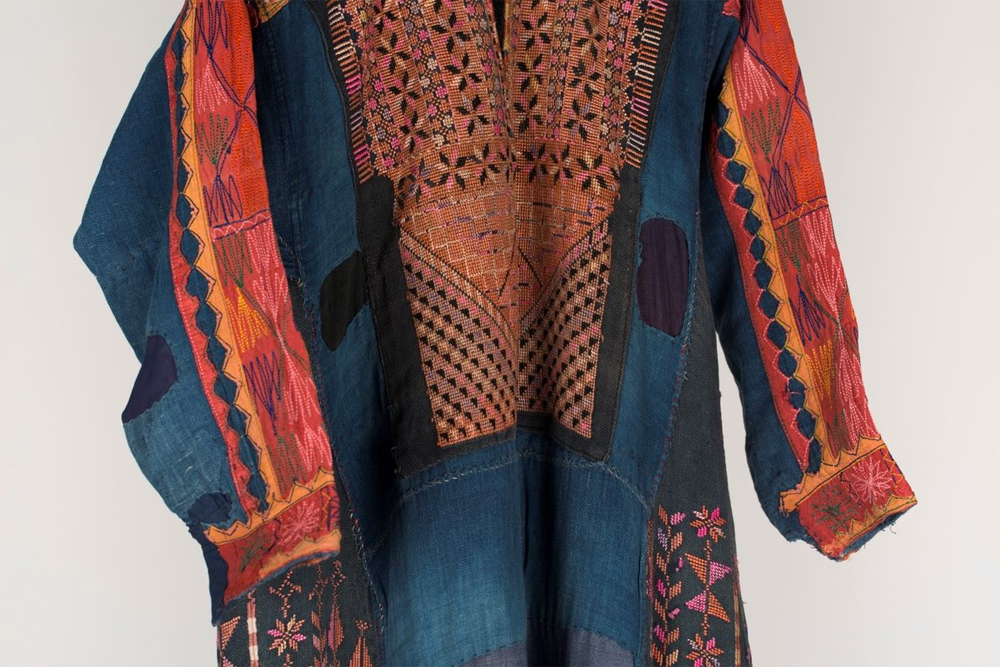
The third garment represent the First Intifada (1987-1993) and symbolize unwavering resolve during harsh times. Made under tough conditions when displaying the Palestinian flag was banned, they convey political protest through traditional motifs in national colors or symbols like the map of Palestine and the Dome of the Rock, making them potent instruments of silent resistance.
One aspect of the exhibition sheds light on the role of charities and NGOs in commissioning embroidery from Palestinian women. Given that stitching has changed from being a labor of love to a type of work done for charity, Dedman has conflicted views about this. The notion of empowerment is complex in this context. While the money earned positively impacts these women's lives and connects them to their heritage, it raises questions about whether this is the most effective way to support them, given the luxury nature of embroidery.
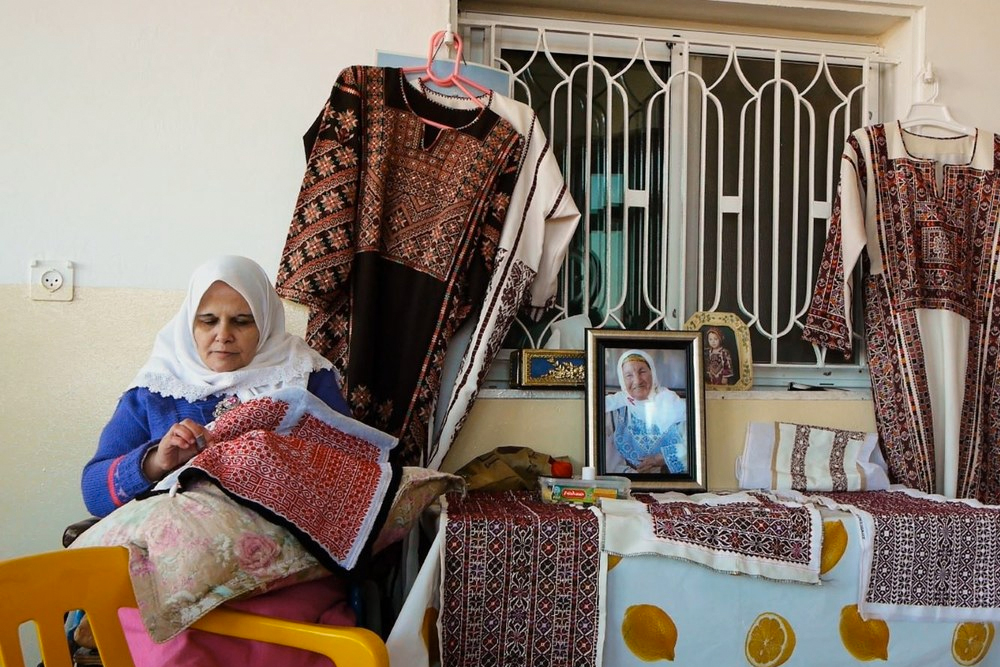
In essence, the "Material Power" exhibition features over 40 dresses and embroidered pieces, showcasing Palestinian heritage and the resilience of its people. It's a testament to the power of art and culture in telling the stories of a nation, where tradition, resistance, and connection to homeland are intricately woven into every stitch. This exhibition, presented in collaboration with the Whitworth Gallery, is a powerful journey through the heart of Palestinian history, and it leaves visitors with a deeper appreciation for the enduring spirit of its people.




